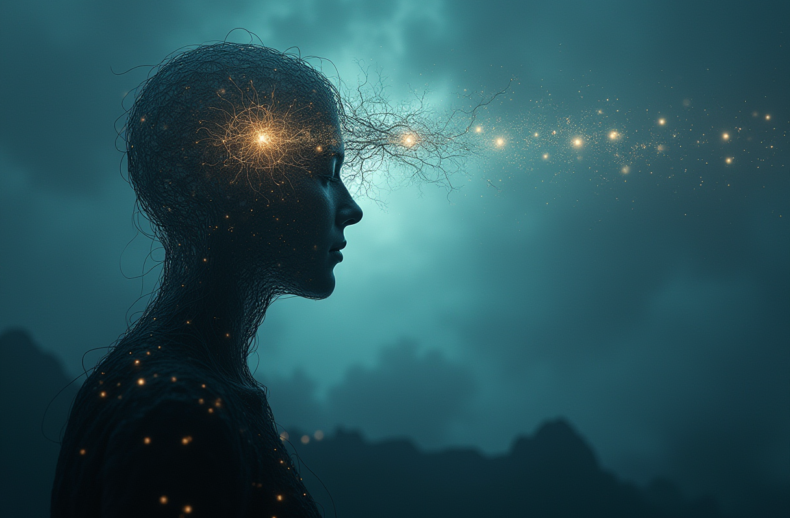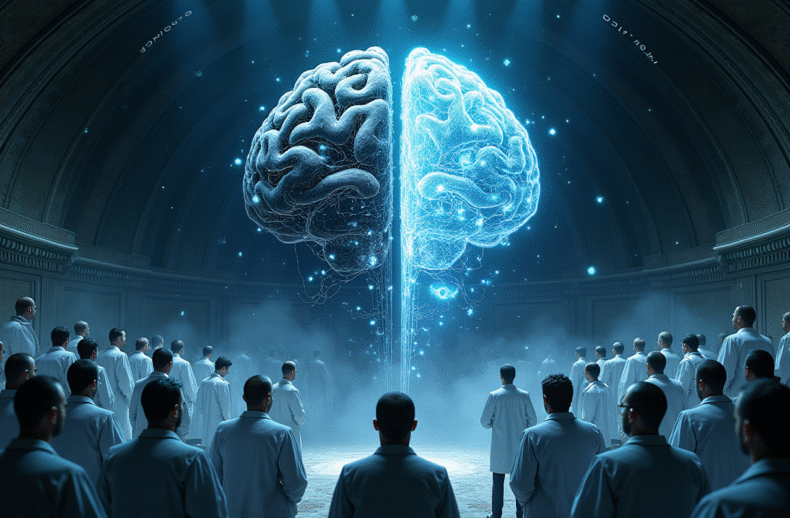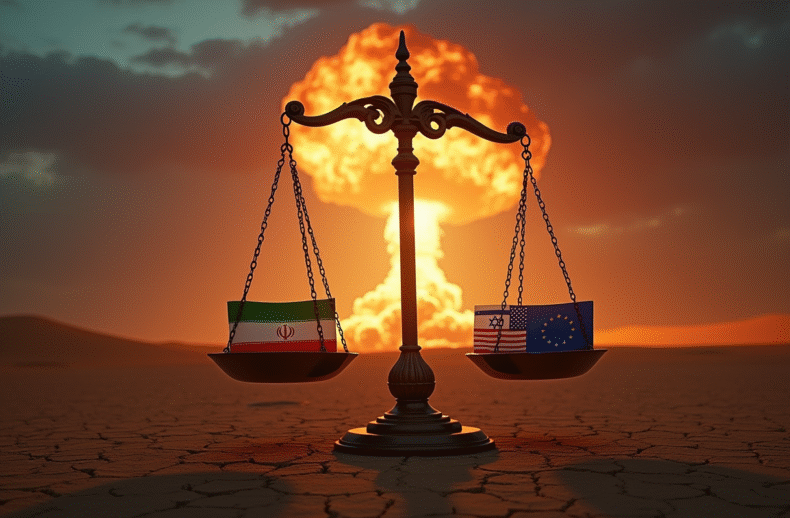When vision and hearing are absent, intelligence does not disappear—symbols do. DeafBlind cognition reveals how meaning and thought arise before language.
Learning begins with prediction failure. When expected states do not occur, Prediction Feedback (PF) gates learning by shifting the system from exploitation to exploration. What stabilizes are not symbols, but predictive constraints—invariants that reliably reduce uncertainty across interaction. These constraints form functional ontologies: commitments about how the world behaves under action.
Thought is not inner speech. It is the serial traversal of stabilized ontological constraints, enabling internal simulation, comparison, and planning. In DeafBlind cognition, this traversal is tactile–motor; in hearing cognition, language may annotate it. Language does not generate thought.
Language is a structured, shared symbolic system that binds and transmits already-formed ontologies across individuals and generations. It enables society and collective intelligence, but it is not the biological source of meaning.
This ordering—prediction before symbol, ontology before language—has direct implications for AI. Biologically aligned intelligence must begin with embodied prediction and PF-gated ontology formation; language, if added, should function as an interface, not as a substrate.













